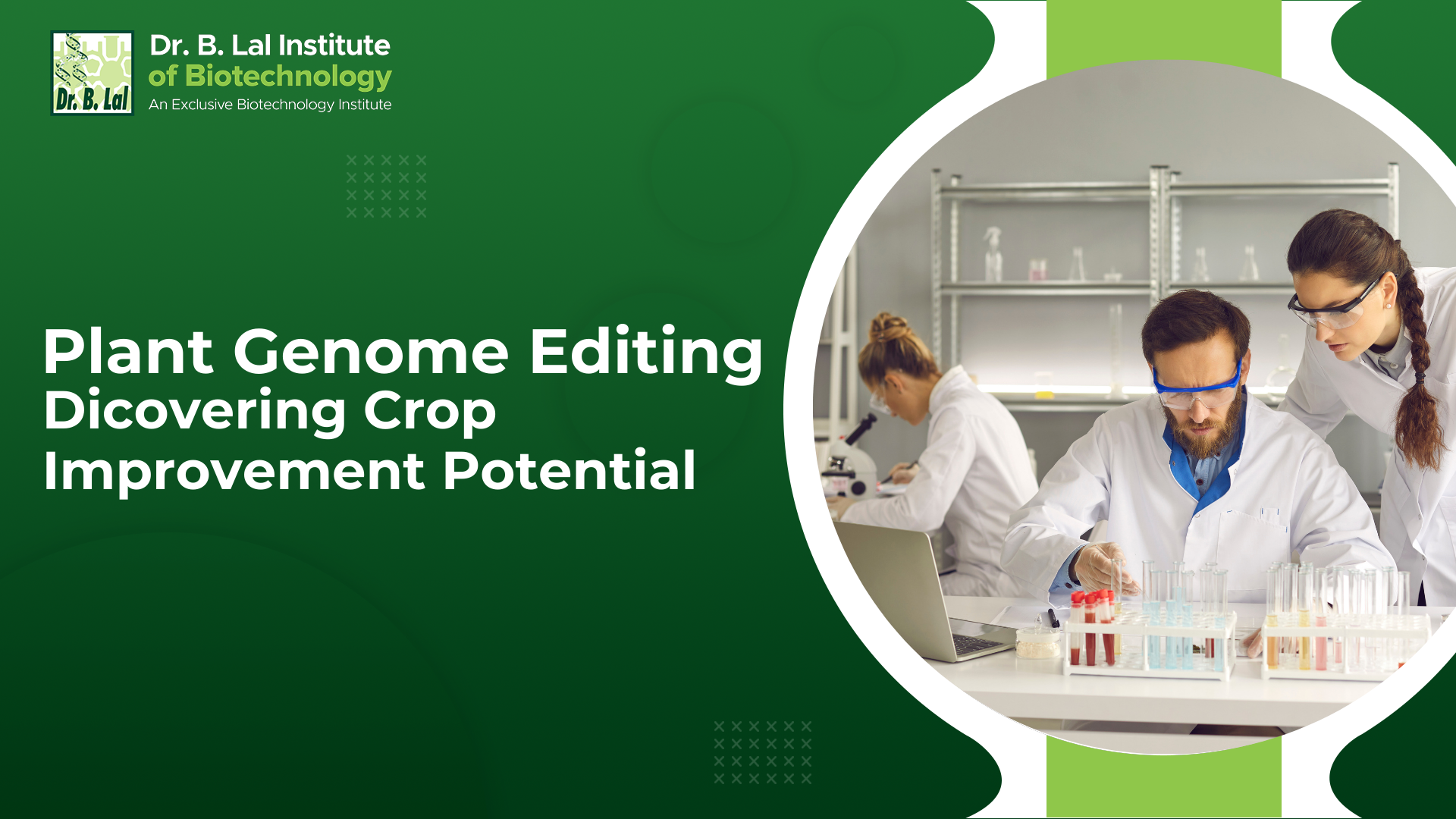
Plant Genome Editing: Discovering Crop Improvement Potential
Agricultural biotech has seen big advances, especially in editing plant genes. CRISPR-Cas9 is a key tool that allows precise changes to boost crop quality, yield, and resilience. With food needs growing and environmental issues worsening, using genome-edited plants in farming is more important than ever.
The Basics of Plant Genome Vehicle
Plant genome editing, like fine-tuning a plant's DNA to make it better, is a crucial aspect of modern agricultural biotechnology. It helps to give plants traits like fighting diseases, handling droughts, and having more nutrients. Unlike older methods that add new DNA, plant genome editing focuses on tweaking the plant's existing genes, making changes that could happen on their own.
Tools of the Trade: CRISPR-Cas9 and Beyond
CRISPR-Cas9 is the most famous tool in plant genome editing, letting scientists precisely tweak DNA in specific spots. Alongside CRISPR-Cas9, there are also TALENs and ZFNs, each with its own way of editing DNA and effectiveness. Such advancements in plant genome editing technologies pave the way for further innovations in agriculture.
Advancements in Crop Improvement
- Genome editing plays a vital role in making crops stronger against diseases. By changing specific genes, plants can fight off viruses, fungi, and bacteria better. This means less need for harmful pesticides, thereby contributing to a more sustainable agricultural system.
- Making Plants Tougher: By using genome-edited plants, we can help them handle tough conditions like drought and salty soil. This means they can still grow well even when the weather isn't great, ensuring more consistent yields and food security.
- Genome editing can also boost crop nutrition, as seen in examples like Golden Rice, which has more vitamin A, helping fight deficiencies in poorer areas. This demonstrates the potential of plant genome editing to address nutritional challenges and improve human health globally.
Yield Enhancement
Scientists can change genes in plants to make them grow better and produce more food per acre. This helps feed more people as the world's population grows. The application of plant genome editing in enhancing crop yields holds great promise for meeting the increasing demand for food in a sustainable manner.
Ethical and Regulatory Considerations
Genome editing, though promising, sparks ethical and regulatory concerns. The accuracy and availability of editing tools allow for major changes whose future effects are uncertain. Regulations are trying to keep pace, aiming to balance progress with safety and ethics, ensuring responsible and sustainable use of plant genome editing technologies.
The Role of Institutions in Advancing Genome Editing
Institutions such as the Dr. B Lal Institute of Biotechnology (BIBT) are crucial for the future of editing genes in farming. BIBT's dedication to advanced research offers a perfect environment for discoveries in this field. They back various projects and partnerships focused on using gene editing to make farming more sustainable. BIBT's role in advancing plant genome editing underscores the importance of collaborative efforts in driving agricultural innovation.
Conclusion
In the journey forward, Dr. B Lal Institute of Biotechnology plays a crucial role in leading agricultural research and innovation. Their efforts not only drive scientific progress but also prepare upcoming biotechnologists for the future of farming. By conducting targeted research and upholding ethical standards, BIBT is at the forefront of harnessing plant genome editing to secure food sustainability for everyone.
The institute's commitment to excellence positions it among the top biotechnology colleges in Rajasthan, offering the best biotechnology placement opportunities for students passionate about making a difference in agricultural biotechnology.
Unlock the secrets of plant genome editing for crop enhancement. Explore the potential for revolutionary crop improvements through genetic manipulation.
Made it this far? That means you're curious—and we love that! Ready to test your passion for biotechnology? Click below to find out 👇🏻
Biotechnology Aptitude Test




Your email address will not be published. Required fields are marked *